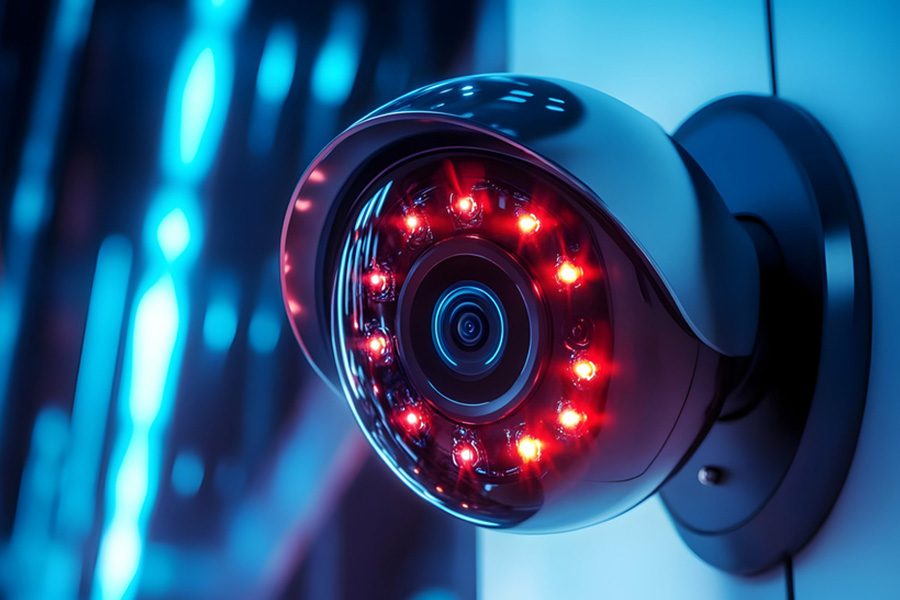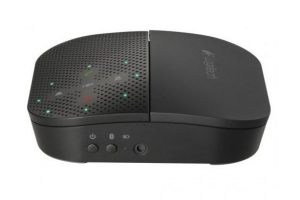Night Vision and Home Security Cameras: How It Works

Home security cameras are pretty popular right now. Thanks to the combination of wireless technology and home automation, homeowners and renters alike are taking advantage of cost-effective cameras they believe make them safer and more secure. Cameras on the higher end often include night vision. Are you familiar with it?
Night vision allows a home security camera to capture clearer images and videos even when lighting is low. This seems like a basic feature given the fact that cameras without night vision are pretty useless in the dark.
For me, the question is how night vision works. I did some research and learned a lot of fascinating things. If you would like more information than what I provide in this post, check out the Vivint Smart Home website. They offer a ton of great information, including a post describing how night vision works with their doorbell cameras.
Infrared Night Vision
There are exceptions to the rule, but most cameras with night vision capabilities rely on infrared (IR) technology. A camera might have built-in LEDs that emit infrared light. IR light is not visible to the human eye. However, a sensor in the camera can see it just fine.
Here’s how it works in a nutshell:
1. When ambient lighting drops below a certain threshold, the camera automatically activates the IR LEDs. Night vision is then enabled.
2. IR light is emitted directly in front of the camera. This allows the camera to ‘see’ what is in front of it.
3. Images captured with the IR light are converted into black-and-white images by the camera’s sensor.
A good way to look at this is to imagine the camera’s image sensor as similar to the human eye. The main difference is that it can see IR light. That means it can use IR to see things in the dark.
Things to Consider Before Purchasing
As fantastic as night vision is, not every camera with night vision capabilities is equal. So there are some things to consider before putting money into new cameras:
Range –
Range is the measurement of how far a camera can pick up images in complete darkness. Most cameras have ranges of 15-130 feet.
Resolution –
Just as with standard daylight surveillance, resolution impacts night vision. The clearest images using night vision are produced by 4K cameras.
Starlight –
Some high-end cameras are built with highly sensitive image sensors that can make use of moon and starlight. If there is enough natural light available, such a camera could produce better color images than its typical night vision images.
It goes without saying that more sophisticated cameras offering better performance also come at a higher price point. Consumers need to determine how much they are comfortable spending when looking at night vision cameras.
Camera Placement
Note that placement is no different for night vision cameras. Vivint Smart Home recommends at least one exterior camera placed in a location that provides a clear view of the front door area. Additional exterior cameras can provide views of the garage, first floor windows, and even the patio and sliding glass door at the rear of the house.
Placement for interior cameras should provide views of the front and rear doors, the master bedroom door, and any rooms where valuables might be located. These are the areas burglars hit first when entering a home.
Home security cameras are good tools for protecting one’s home. They are even better when equipped with night vision capabilities. Night vision ensures that cameras can still record images and videos after the sun goes down. It is a great feature.









